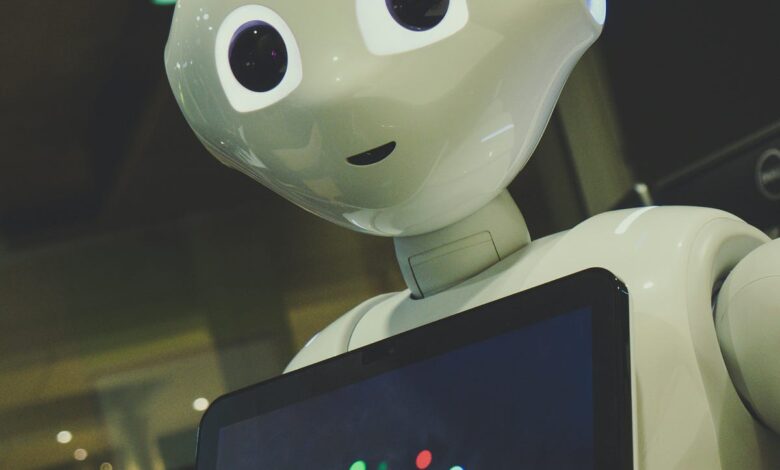Unlocking the Power of Artificial Intelligence (A Beginner’s Guide) | by RustcodeWeb | Apr, 2024

Artificial Intelligence (AI) is revolutionizing industries, driving innovation, and reshaping the way we interact with technology. From virtual assistants to self-driving cars, AI is becoming increasingly prevalent in our daily lives. However, understanding AI can seem daunting for beginners.
In this comprehensive guide, we’ll explore the fundamentals of artificial intelligence, its various applications, and how individuals and businesses can harness its power to unlock new opportunities.
Understanding Artificial Intelligence:
AI refers to the simulation of human intelligence in machines, allowing them to perform tasks that typically require human intelligence. This includes learning, reasoning, problem-solving, perception, and decision-making. AI systems are designed to analyze data, recognize patterns, and make predictions or recommendations based on the information available to them.
Types of Artificial Intelligence:
- Narrow AI: Also known as Weak AI, narrow AI is designed to perform a specific task or set of tasks. Examples include virtual assistants like Siri and Alexa, recommendation systems, and image recognition algorithms.
- General AI: General AI, or Strong AI, refers to machines that possess the ability to understand, learn, and apply knowledge across a wide range of tasks, similar to human intelligence. General AI remains a theoretical concept and has not yet been achieved.
- Artificial Superintelligence (ASI): ASI represents an AI system that surpasses human intelligence in every aspect, including creativity, problem-solving, and social skills. ASI remains a topic of speculation and debate among researchers and futurists.
Applications of Artificial Intelligence:
- Healthcare: AI is revolutionizing healthcare by enabling early disease detection, personalized treatment plans, and medical imaging analysis.
- Finance: In the finance industry, AI is used for fraud detection, algorithmic trading, risk assessment, and customer service automation.
- Transportation: Self-driving cars and intelligent traffic management systems leverage AI to improve safety, efficiency, and convenience.
- E-commerce: AI-powered recommendation engines personalize shopping experiences, enhance product search algorithms, and optimize pricing strategies.
- Education: AI-based tutoring systems provide personalized learning experiences, adaptive assessments, and educational content creation.
Getting Started with AI:
- Learn the Basics: Start by understanding the fundamental concepts of AI, including machine learning, neural networks, and natural language processing.
- Gain Practical Experience: Experiment with AI tools and frameworks such as TensorFlow, PyTorch, and scikit-learn. Build simple AI models and explore real-world datasets.
- Stay Updated: Stay abreast of the latest developments in AI by following industry news, research papers, and online courses. Join AI communities and participate in forums to network with other enthusiasts and professionals.
- Apply AI in Projects: Identify opportunities to apply AI techniques in your personal or professional projects. Start small and gradually increase the complexity of your AI implementations.
Conclusion:
Artificial Intelligence holds immense potential to transform industries, improve lives, and drive innovation. As a beginner, understanding the basics of AI and its various applications is the first step towards unlocking its power. By learning, experimenting, and applying AI techniques in practical projects, individuals and businesses can harness the full potential of artificial intelligence to solve complex problems, enhance decision-making processes, and create value in the digital age.



